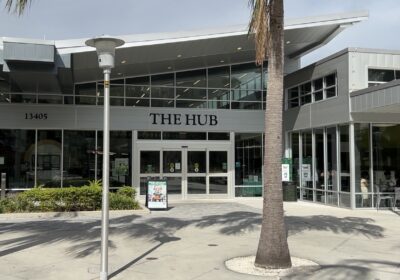Tampa weed legislation may not extend to campus

The Tampa City Council took a step forward in decriminalizing small amounts of marijuana and drug paraphernalia. The ordinance, the last on Thursday’s meeting agenda, received preliminary approval from the council.
The ordinance allows that possession of drug paraphernalia or 20 grams or less of marijuana will not be grounds for arrest and incarceration.
The marijuana must be intended for consumption by the person possessing it in order to be safe under the ordinance, which means marijuana intended for sale is not protected.
Also, the person must not be involved in any other criminal offenses at the time. For example, if a person is driving a stolen car and in possession of 20 grams or less of marijuana, the ordinance will not be applied.
Although those found in possession of the defined amount of marijuana will not be subject to jailing, they must pay a fine. The fine, which starts at $75, increases with each offense. Second offenses equal a fine of $150, third offenses $300 and fourth or subsequent offenses $450.
“There are penalties. This is illegal, but the feeling is — and our point of view is — the punishment should fit the crime,” Stephen Hegarty, a spokesman for the Tampa Police Department, said.
In the ordinance, cannabis is defined as any and all parts of a plant of the genus Cannabis but does not include extracted oils or resin from any part of the plant.
Paraphernalia is defined as any object used, intended to use or designed for consumption (either through ingesting, inhaling, smoking or otherwise) of cannabis.
The ordinance is only effective within Tampa’s limits and jurisdiction. These limits extend south of Fowler Avenue and upwards into the New Tampa area, but do not include all of the USF area or University Square.
The area right around USF has an overlap of police departments, including University Police (UP), Tampa Police Department, Temple Terrace Police Department and the Hillsborough County Sherriff’s Office.
While campus is within boundary lines for Tampa, according to Hegarty, USF’s physical campus operates under UP’s jurisdiction, which is that of UP.
Hegarty said while some students who live in off-campus housing within Tampa’s city limits will be under the ordinance, those living outside of Tampa or on campus will be subject to the jurisdictions of their respective police departments.
As the ordinance has not been approved, UP Operations Commander Meg Ross said UP has no comment at this time.
The biggest argument for decriminalization, according to Hegarty, is it doesn’t make sense for a person to have a criminal records just because they made a mistake.
He emphasized, however, that this ordinance does not condone or look the other way for these offenses. Instead, he said, it is discouraging the behavior. It just takes away the penalty of jail for possession in the specified amounts.
Hegarty likened the ordinance to speeding fines. Not going to jail for speeding doesn’t mean law enforcement is encouraging speeding.
He warned that even if one is pulled over and found to be in possession of the defined amount of marijuana, the situation will still be an ordeal.
Those found in possession would be detained, the officer would have to weigh the marijuana and look up whether or not this was their first offense. Then, the appropriate fine would be implemented.
“(It is) still a brush with law enforcement,” he said.






